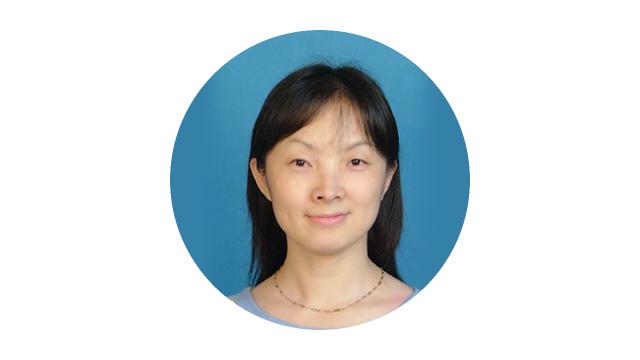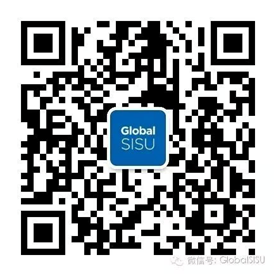Resource:http://en.shisu.edu.cn/resources/news/russian-chinese-interpreter-rises-to-the-challenge
W |
hile it usually pays to choose your words carefully, for interpreter Yang Bo , it's an essential skill - and one that she has to perform without the luxury of time.
Yang is a familiar face at many high-level conferences, thanks to her skill in interpreting between Chinese and Russian. Her latest big job was serving as interpreter for the Dragon TV and Shanghai News Channel broadcast of the Military Parade Commemorating the 70th Anniversary of the Victory in the Great Patriotic War (1941-1945).
To be perfect means to interpret the sentences word for word without losing the style of the speaker. However, in reality you can never achieve that. All you can do is get as close to this ideal as possible, Yang said.
Born in Heihe near the border with Russia in Heilongjiang Province, 39-year-old Yang started learning Russian at the age of 10. She went on to achieve a doctorate in linguistics from Moscow State Pedagogical University, and then worked for two years in RIA Novosti's China newsroom. It was during this period that she started to do interpretation for video links between Russia and China.
Now with 10 years of experience, Yang, as an associate professor of Russian at Shanghai International Studies University (SISU), has translated for dozens of events in China and Russia. Still, it was quite a challenge to interpret for this WWII parade, she admits.
During the event, she sat in a small room of about 2.5 square meters with a desk, a computer, headphones and a microphone. Her only connection to the outside world was a glass window through which she could see the technician.
Normally for such events, interpreters work in pairs, alternating 20-minute shifts to avoid mistakes caused by fatigue. However, to maintain a coherent voice for the event, Yang worked solo for the entire event, which lasted for more than an hour.
Other major challenges included the lack of preparatory material and the high level of standards required for the event.
I was asked to do the simultaneous interpretation in April, but the final agenda and schedule from Russia's defence ministry wasn't released until May 6, three days before the parade, said Yang. I knew beforehand the background information and sequence of the armored vehicles of the parade, but the order that the marching troops would come in wasn't given.
The most tense moment for Yang was when the marching troops passed through the Red Square as she did not know the order they would be in, so had to listen carefully for the names of the different troop sections and their leaders' names and ranks.
Such cases often occur in Yang's line of work. An interpreter has to be well prepared and try their best to follow what is happening. Simultaneous interpretation is not an art, it is a skill. It can't be perfect. You have to accept that, said Yang.
Another challenge she had was finding the appropriate Chinese to reflect the differing styles of the Russian speakers. For example, when I interpret Vladimir Putin's speech, I have to find the appropriate Chinese to fit his identity, Yang said. Fortunately, I have some experience in interpreting Putin's speech. He always uses very clear words and short sentences, and speaks at a medium speed, which is very easy for an interpreter to understand and follow.
For Yang, another difficulty is that sometimes the key word of the sentence often doesn't pop up until the end of the sentence.
Despite the challenges, Yang completed the task almost perfectly, which was acknowledged by her colleagues and friends in the Russian-Chinese interpretation circle.
Compared with the market for translations into English, that for Russian-Chinese is relatively small, with its main bases being Shanghai and Beijing. Currently there are fewer than 20 interpreters in both cities, and we are very familiar with each other, Yang said. It is a really flexible job, depending on the number of conferences being held. It could be as few as one to two times a year to as many as two to three times a month.
Yang says that, with an average age of around 40 years, Russian-Chinese interpreters tend to be older than their English-Chinese counterparts. I know a quite esteemed interpreter, named Li Yingnan, who is still interpreting in her 70s. She is my idol, Yang said.





